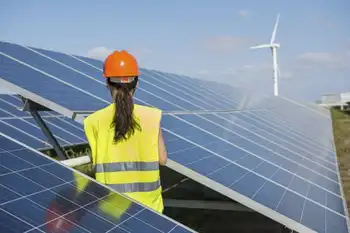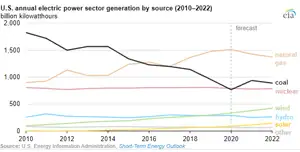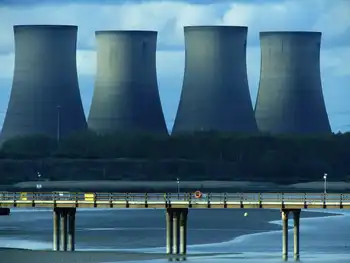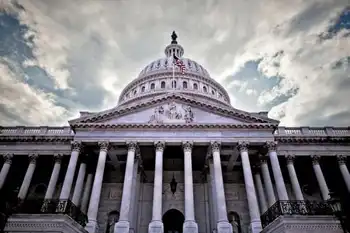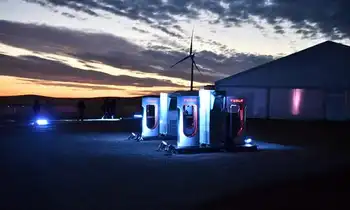Impose safety, cost controls first on nuclear
By Arizona Daily Sun
NFPA 70e Training
Our customized live online or in‑person group training can be delivered to your staff at your location.

- Live Online
- 6 hours Instructor-led
- Group Training Available
For most, this mix would include a new generation of nuclear power that has been widely promoted by the industry as safe, clean and affordable.
As Congress works on a national energy policy that can reduce the risks of climate change, members may offer additional subsidies to nuclear power to spur its development.
Its main attraction for many is that it can meet rising energy demand without burning fossil fuels. However, it also is very expensive, with new plants costing upward of $6 billion to $9 billion each. Moreover, there is still no long-term strategy for handling the toxic nuclear waste that it produces.
Supporters of nuclear power say that its future could be assured by congressional approval of new federal loan guarantees. President Obama endorsed an expansion of nuclear power in his State of the Union address and his 2011 budget proposal supports a tripling of the current federal loan guarantee program for advanced nuclear reactors to $54.5 billion. Congress may soon act on this request, but it has received little public attention and debate.
Large Wall Street banks reportedly will not lend money to electric utilities for nuclear power plant construction without a guarantee that their investment will be protected.
The new plants will be so expensive and risk of failure potentially so great — as high as 50 percent according to the Government Accountability Office) — that, in effect, building the plants is not economically feasible without such a federal loan guarantee.
It is ironic that the same people who complain loudly about other Wall Street and industry bailouts apparently are happy to support this one. Indeed, backers of nuclear power say that it cannot succeed without substantial federal financial support, even though many of them have denounced such government financial assistance for renewable energy sources as wasteful and unnecessary.
Many Democrats in Congress favor the nuclear power loan guarantee, but only because they think it will gain Republican support for energy and climate change legislation they want to see enacted this year.
Yet the loan guarantee proposal is opposed not only by many environmental and scientific groups but also by the National Taxpayers Union, Taxpayers for Common Sense and many political conservatives who believe that subsidies like this reduce the nuclear industry's incentives for containing costs and stifle competition and technological development.
Some estimates suggest that the federal government's long-term financial obligations under the nuclear power loan guarantee program could be enormous — in the hundreds of billions of dollars.
This is far more than it would cost to gain the same amount of electricity from improvements in energy conservation and efficiency, and development of renewable energy sources such as wind, solar or biomass — or from conventional power plants that burn relatively cheap natural gas.
Even worse, taxpayers could be stuck with as much as 80 percent of the cost of new reactors, an unacceptable level of financial obligation in a time of severe fiscal stress.
Congress needs to proceed very cautiously with this loan guarantee program and other support for nuclear power.
It should limit loan guarantees to only a small number of facilities to first demonstrate that new reactor designs, a new federal licensing process, and Department of Energy management of the program can succeed — a proposition that critics seriously doubt based on recent experience with the program.
Congress should demand that the nuclear industry adhere to requirements at least as tough as those applied to large banks and auto companies to ensure that taxpayers are not put at undue risk or bear unreasonable costs. Anything less serves the nation and its taxpayers poorly.





